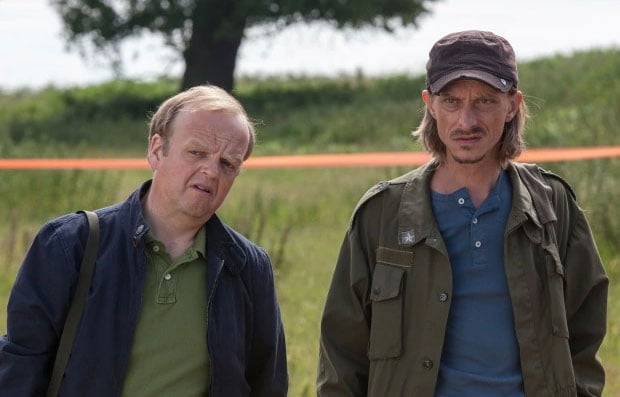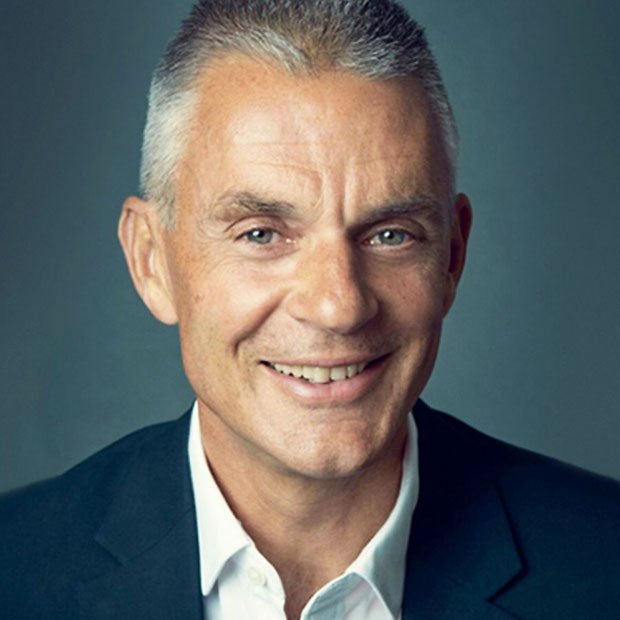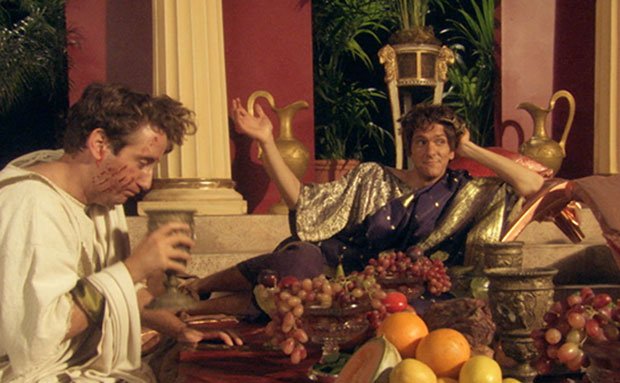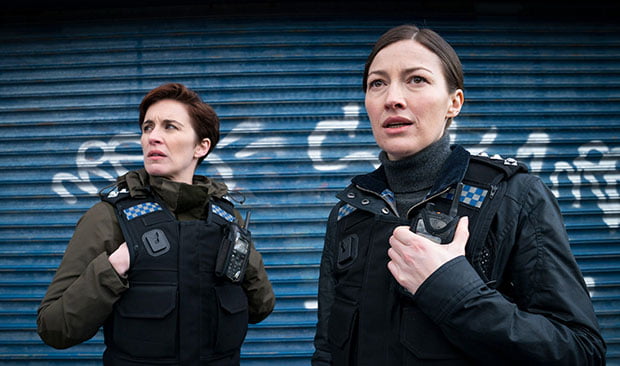BBC to scrap BBC Four, CBBC linear channels in digital drive as budget cuts bite

BBC Four’s successful scripted originals included The Detectorists
BBC director general Tim Davie says the UK pubcaster will end the linear broadcast of its factual channel BBC Four and kids’ network CBBC due to ongoing sweeping cuts to its budget.

Tim Davie
Davie gave a speech to BBC staff today outlining what he described as a blueprint to build a digital-first public service media organisation. He said the BBC must reform to stay relevant and continue to provide great value for all.
Although the corporation recently reversed its decision to scrap a linear feed of youth-skewing BBC Three, it is pressing ahead with the long-expected decision to scrap BBC Four.
The older-skewing, factual- and music-focused network also produced popular scripted originals like The Thick of It and The Detectorists but hasn’t been commissioning original content since last year and has existed purely as a repeats and archive service.
The decision to also scrap the linear broadcast of kids’ channel CBBC is a bigger surprise. The channel was credited with turning around a raft of educational programming for children who couldn’t attend school during the pandemic in double-quick time, and has originated series including the Horrible Histories franchise.
The changes include 1,000 job cuts in the publicly funded part of the BBC over the next few years. Exact dates for the changes were not given.
Other changes include the amalgamation of rolling news services into one 24-hour BBC News channel, the axing of Radio 4 Extra, the end of separate longwave content for Radio 4, shifting a number of World Service language feeds into digital-only, a reduction and amalgamation of some local news services and a move of several of those online.
The shift towards iPlayer-first commissioning and viewing will be stepped up. Davie wants 75% of the corporation’s viewers to be reached via the iPlayer each week and is asking media regulator Ofcom to remove regulatory restrictions on the service to allow it to expand its boxsets and archive content.

CBBC’s original educational sketch show Horrible Histories
The BBC has come under increasing political pressure from the UK’s ruling Conservative Party over the last decade and it has a significant funding gap to plug.
The Line of Duty broadcaster’s most recent annual report said culture secretary Nadine Dorries’ controversial move to freeze the annual licence fee at £159 (US$200) for the next two years would cost it £285m by 2027/28, adding that the freeze was “challenging, particularly at a time of high inflation and media super-inflation.”
Dorries has said she intends to scrap the licence fee model altogether and the Conservatives have already effectively ended free TV licences for the over-75s by passing the £650m annual cost of the scheme to the BBC – which couldn’t afford to keep it going.
Outside its commercial and production arm BBC Studios, the public broadcaster derives all its funding from a licence fee levied on those who own TV sets, totalling about £3.52bn (US$4.8bn) a year. The corporation is protected by a royal charter but that is due to expire in 2027.
The cuts announced today represent £500m of annual savings and £200m of that will go towards plugging the £285m funding gap Davie believes his organisation faces by 2027/28.
The BBC says it will also reinvest £300m to drive a digital-first approach, through changes to content and output as well as additional commercial income.

BBC hit crime drama Line of Duty
That includes diverting increasing amounts of money into new programmes for the iPlayer, shifting local resources more towards digital publishing than linear, prioritising video and digital news over local broadcast news and £50m a year in product development.
Davie said: “When I took this job I said that we needed to fight for something important: public service content and services, freely available universally for the good of all. This fight is intensifying, the stakes are high.
“This is our moment to build a digital-first BBC. Something genuinely new, a Reithian organisation [Lord Reith was the first DG of the BBC] for the digital age, a positive force for the UK and the world. Independent, impartial, constantly innovating and serving all. A fresh, new, global digital media organisation which has never been seen before. Driven by the desire to make life and society better for our licence fee payers and customers in every corner of the UK and beyond. They want us to keep the BBC relevant and fight for something that in 2022 is more important than ever.
“To do that we need to evolve faster and embrace the huge shifts in the market around us.”
















.jpg)




























